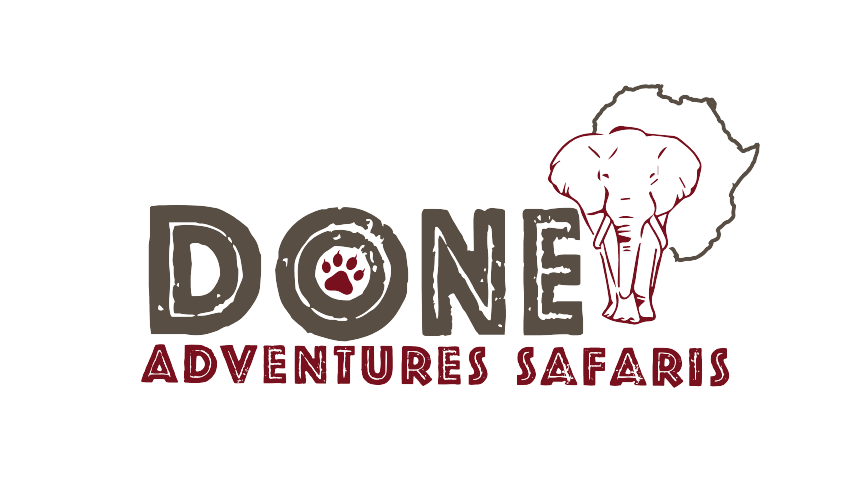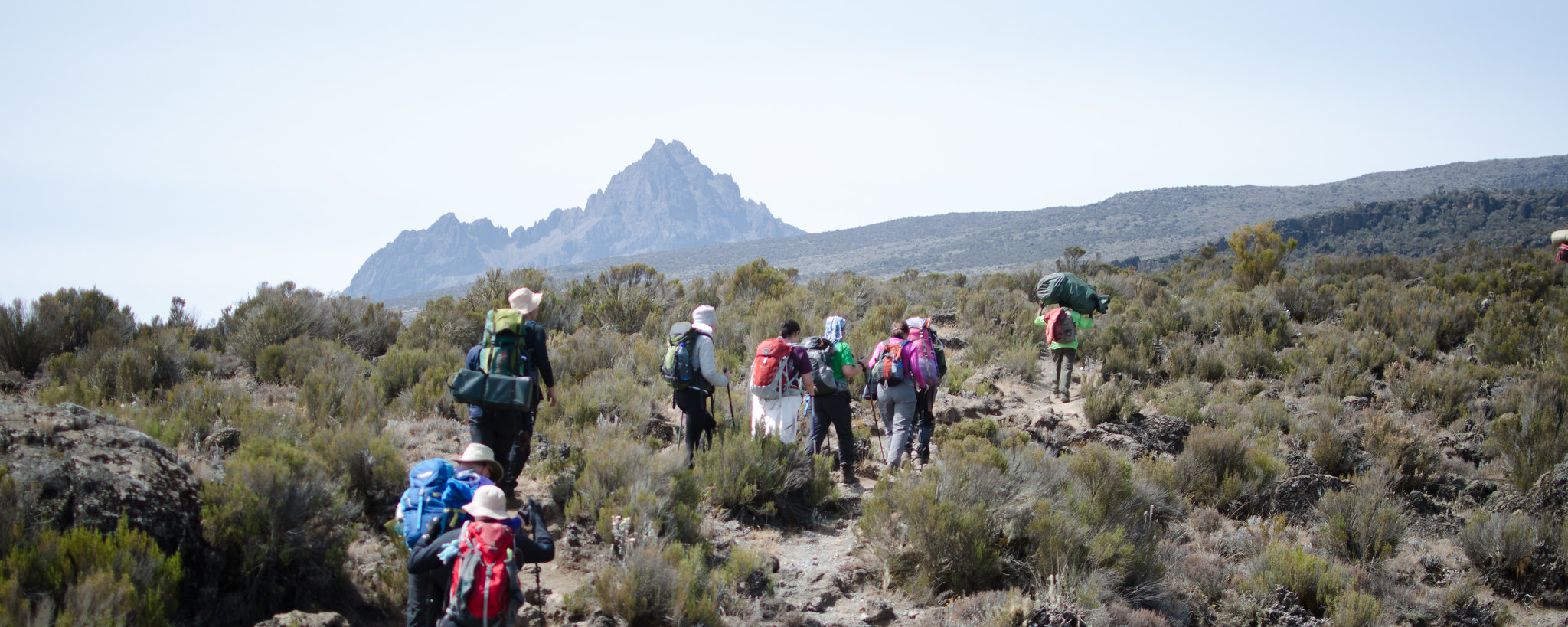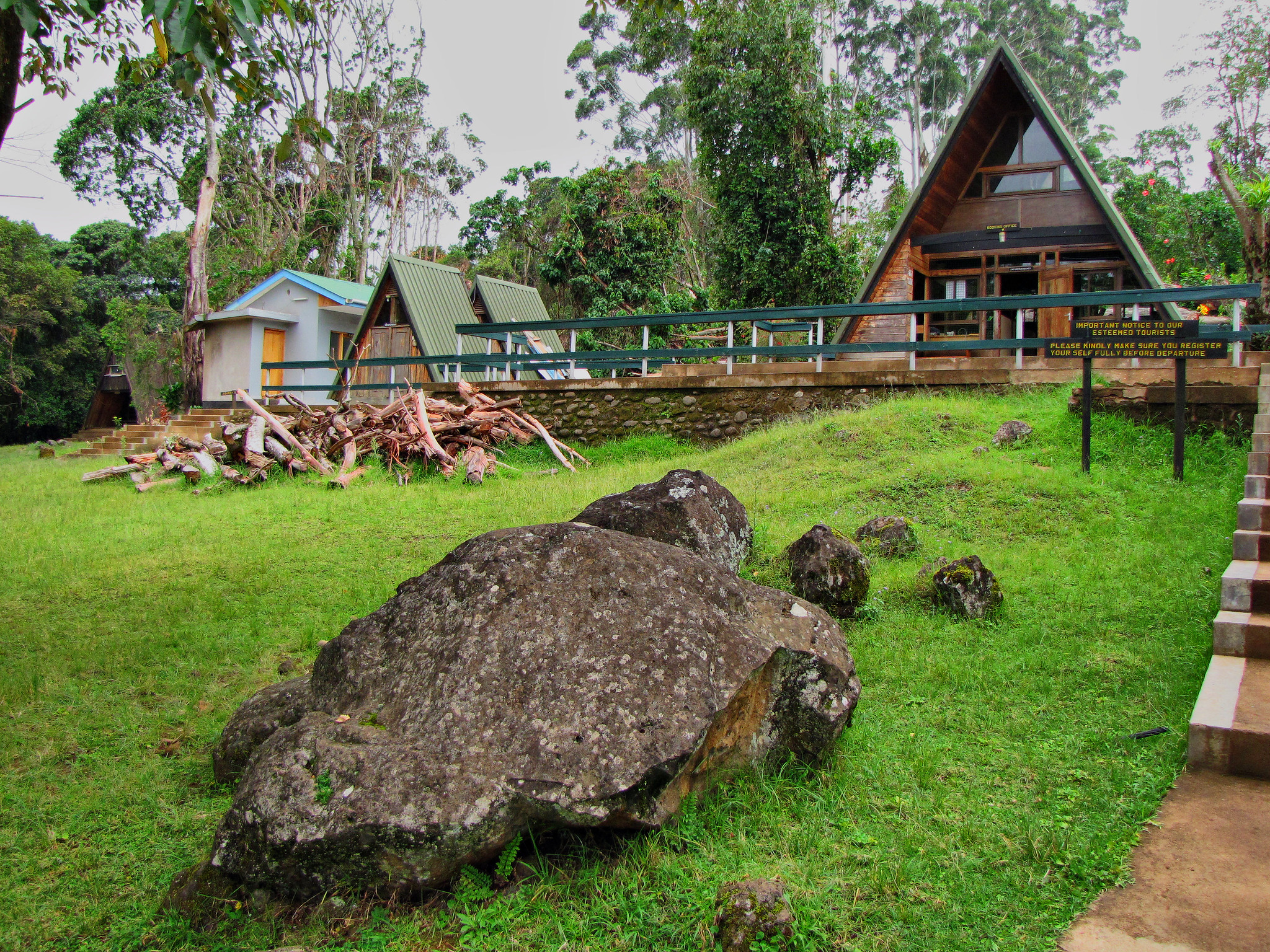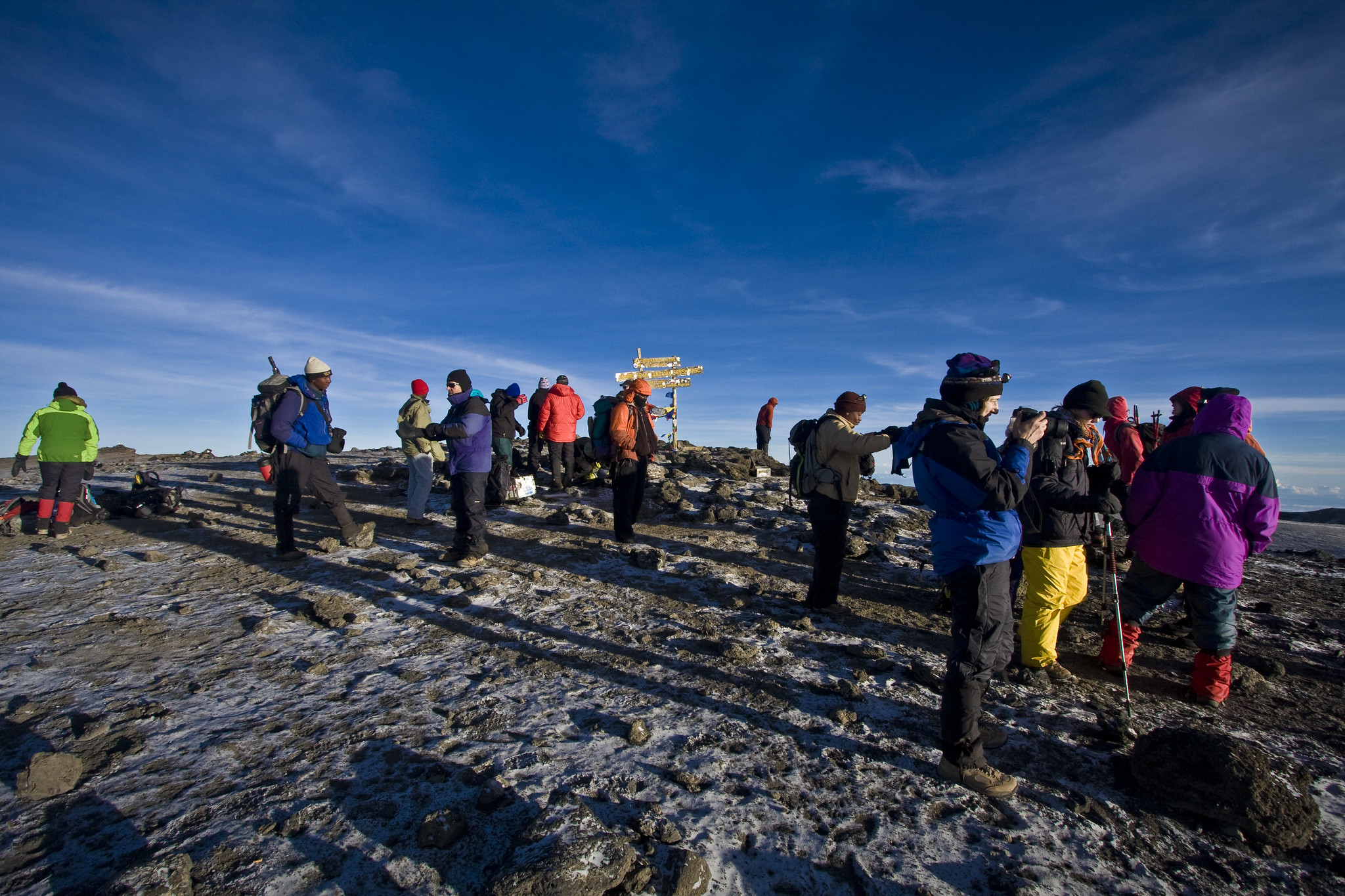Nairobi National Park
Welcome to Kenya’s most accessible yet incongruous safari experience. Set on the city’s southern outskirts, Nairobi National Park (at 117 sq km, one of Africa’s smallest) has abundant wildlife that can, in places, be viewed against a backdrop of city skyscrapers and planes coming in to land – it’s one of the only national parks on earth bordering a capital city. Remarkably, the animals seem utterly unperturbed by it all.
“The World’s only Wildlife Capital”
A short drive out of Nairobi’s central business district is the Nairobi National Park. Wide open grass plains and backdrop of the city scrapers, scattered acacia bush play host to a wide variety of wildlife including the endangered black rhino, lions, leopards, cheetahs, hyenas, buffaloes, giraffes and diverse birdlife with over 400 species recorded. Visitors can enjoy the park’s picnic sites, three campsites and the walking trails for hikers.
The park has acquired the nickname ‘Kifaru Ark’, a testament to its success as a rhinoceros (kifaru in Kiswahili) sanctuary. The park is home to the world’s densest concentration of black rhinos (more than 50), though even the park’s strong antipoaching measures couldn’t prevent poachers from killing one of the rhinos in August 2013 and then again in January 2014. They were the first such attacks in six years, and reflect the current sky-high Asian black-market price for rhino horn.
Lions and hyenas are also commonly sighted within the park; rangers at the entrance usually have updates on lion movements.
You’ll need a bit of patience and a lot of luck to spot the park’s resident cheetahs and leopards. Other regularly spotted species include gazelles, warthogs, zebras, giraffes, ostriches and buffaloes.
The park’s wetland areas sustain approximately 400 bird species, which is more than in the whole of the UK.
Matatus (minibuses) 125 and 126 (KSh50, 30 to 45 minutes) pass by the main park entrance from the train station. You can also go by private vehicle. Nairobi tour companies offer half-day safaris (from US$75 per person).
Apart from the main entrance, which lies 7km from the city centre, there are other gates on Magadi Rd and the Athi River gate; the latter is handy if you’re continuing on to Mombasa, Amboseli or the Tanzanian border. The roads in the park are passable with 2WDs, but travelling in a 4WD is never a bad idea, especially if the rains have been heavy.
Unless you already have your own vehicle, the cheapest way to see the park is on the shuttle, a big Kenya Wildlife Service (KWS) bus that leaves the main gate at 2pm on Sunday for a 2½-hour tour. You need to book in person at the main gate by 1.30pm, but do call ahead if you want to do the tour, as times can change.



